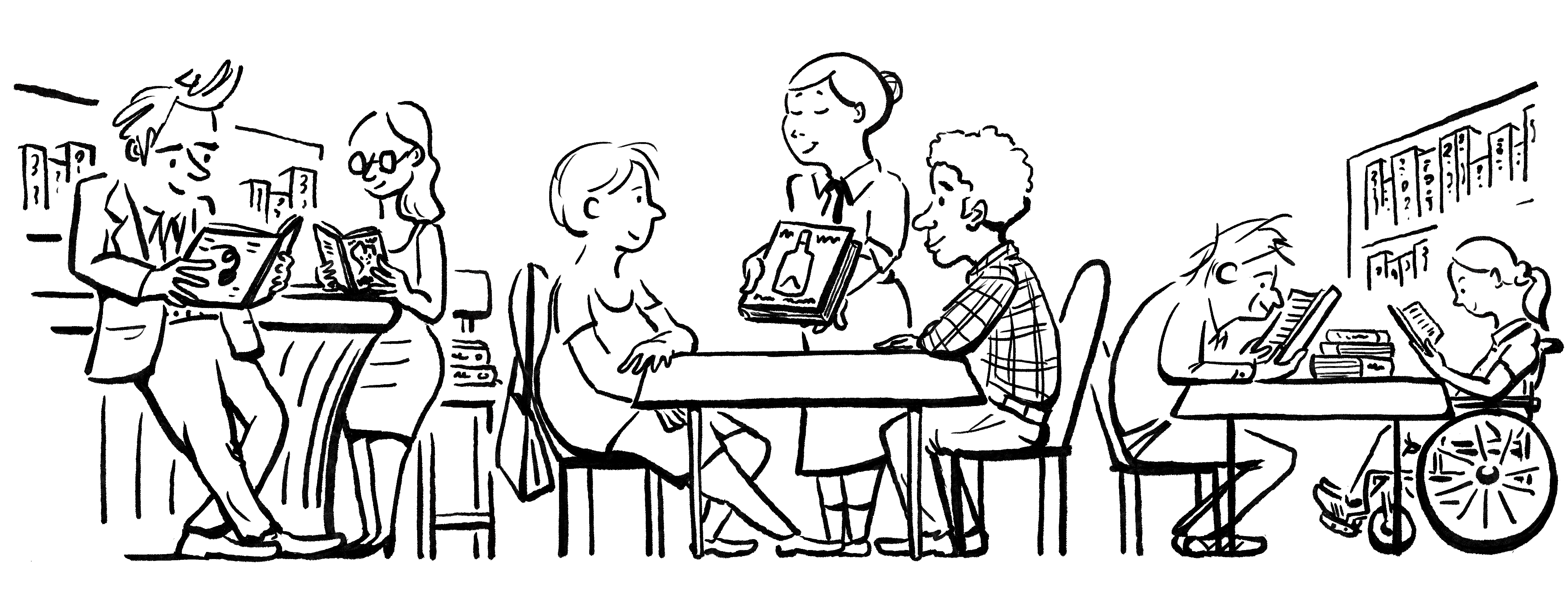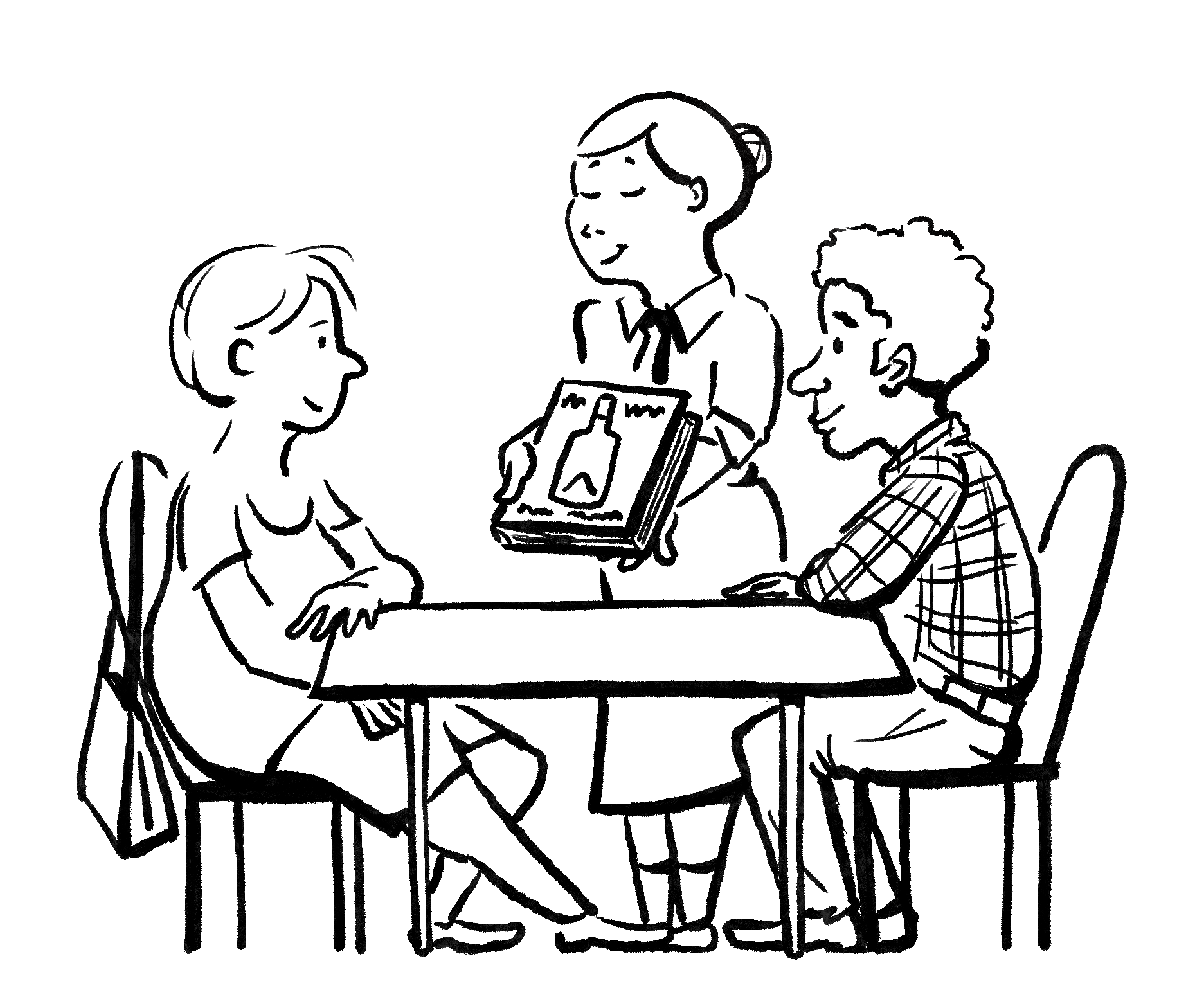Readings Newsletter
Become a Readings Member to make your shopping experience even easier.
Sign in or sign up for free!
You’re not far away from qualifying for FREE standard shipping within Australia
You’ve qualified for FREE standard shipping within Australia
The cart is loading…







Find staff recommendations, book news and our latest updates on the Readings blog.
Browse by category, or find our most recent posts below.